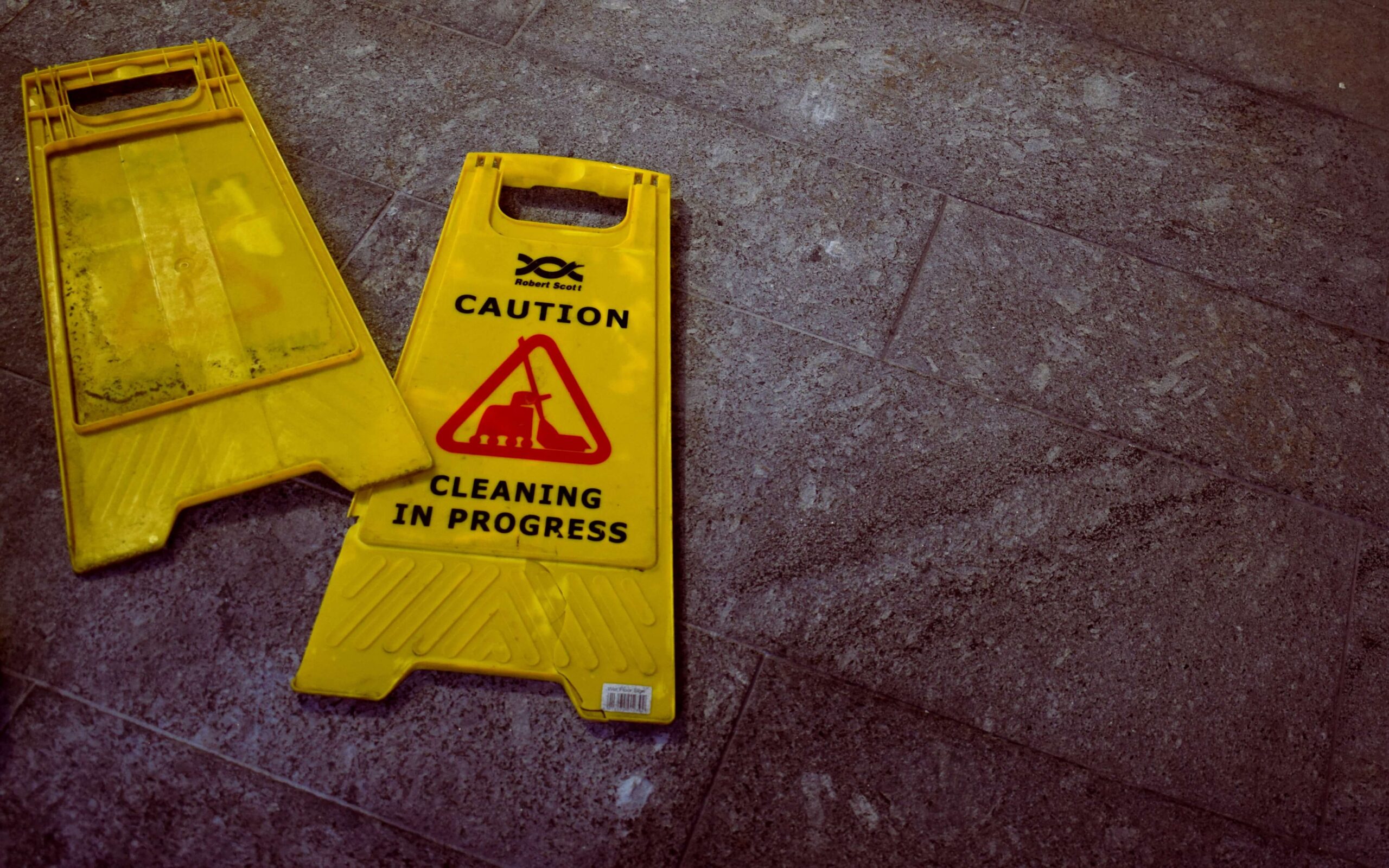Negotiating as a first home buyer

(Disclaimer: The tips/general advice below are general in nature & do not take into account your objectives, financial situation, or needs. This information should not be solely relied upon. The factual information is not intended to imply any recommendation or opinion about a financial product. Before making any financial or property decisions you should consider your personal circumstances and seek professional advice from professionals such as Financial Planners.)
Some general tips for first home buyers to consider when negotiating for your first home:
1. Market Research – First home buyers should research and inspect as many houses as possible before beginning the negotiating process. Know what similar properties have sold for in the previous three to six months, as this knowledge will allow you to be more confident when negotiating.
2. Set your Budget – Pre-determine the upper most amount you will be able to afford (and are willing to pay for the property based on your research). Be prepared to walk away from negotiations if the price point goes beyond your budget. There is always another property.
3. Communication – Be honest and clear with the agent you’re dealing with. Always submit offers in writing and avoid negative commentary on the property. The easier you are to deal with, the more likely an agent will be to keep you informed during the negotiating process. This is particularly important if the agent is negotiating offers with multiple prospective buyers.
4. Gather more information about the property and vendor’s reason for selling – First home buyers should ask as many questions as possible to determine how motivated the vendor is to sell their property. Some questions for your consideration include:
- How long has the property been on the market for?
- What are the vendor’s price expectations?
- Why is the vendor selling and when do they aim to settle on the property?
- Are there any known issues with the property?
- Is the price on the property flexible? That is, how far will the vendor be willing to move to seal a deal?
Responses to the above questions can prove crucial to your future negotiation strategy. Be sure to think of other questions you will want answers to.
5. Submitting offers – Always start by offering less than the listed price as you can work your way up in offers when competing with other potential buyers. However, unless market conditions are bad for sellers, do not bid significantly lower than the asking price as the real estate agent may not take you seriously in the future. In terms of timing your offers, you should submit your offers based on the interest shown on the property. For example, if at the open house you see many interested parties it may be worthwhile submitting an initial offer to show your interest in the property. Always make sure you have a loan pre-approval before making an offer.
6. Use reverse psychology – A good negotiator can create the impression of a win-win situation for both the first home buyer and the vendor. They can do this by offering more than money to the vendor. For example, flexible transfer arrangements or the purchase of unwanted vendor furniture.
7. Be ready to pay the deposit – If you’re making an offer, you should be in a position to pay the deposit swiftly if the vendor accepts your offer.
 1 Florence Street, Seddon, VIC.
1 Florence Street, Seddon, VIC.
4 things to avoid when negotiating include:
1. Suggesting that you’re disinterested in the property if you’re genuinely interested in it. This is a very common mistake. The agent will be reluctant to call you back if you do not show your interest in the property.
2. Not completing appropriate market research before negotiating, i.e. checking comparable sales in the area and how much properties have sold for in comparison to their initial listing price.
3. Beginning with high offers. Do not start by offering a price at the top of your budget as it may lead to vendors believing you have more room to move on the price whereas in reality you may not be in a position to submit any further offers.
4. Submitting unrealistically low offers may lead to the agent not taking you seriously and not contacting you about this property or future similar properties that may come onto the market.
Before making an offer don’t forget to:
1. Have the relevant building and pest inspections completed.
2. Have a loan pre-approval in place.
3. Ask your lender or mortgage broker their opinion on the value of the property and how much the lender would be willing to lend you based on your circumstances and the particular property.
4. Use a professional legal representative who provides conveyancing services to help you with the sales contract. Even the contract may have terms you wish to negotiate with the agent and vendor.
5. Check with the local council if there are any planned local developments around the property you are interested in.
6. Consider employing a Buyers Advocate to help you with the buying process including the negotiations.
View more helpful tips for first home buyers here.
This blog was written by the two co-founders of First Home Buyers Australia (FHBA), Taj Singh and Daniel Cohen. FHBA is a new Australian organisation with an aim to help keep the great Australian Dream of home ownership alive. From the moment a first home buyer chooses to save for their first home, through to searching, financing, settling & moving in, first home buyers will able to find solutions and tips throughout the end-to-end property website.
We'd like to hear from you!
1 comment
Financial planners are not authorised to offer advice on property, so your disclaimer may not be the best recommendation. Why: because The purchase of a particular is not a regulated interaction, so a financial planner is not required for any property recommendation . Good judgement however, is mandatory, and testing the market with pseudo offers is good practice. The market determines price and buyers are in a great position at the moment in Western Australia particularly.



